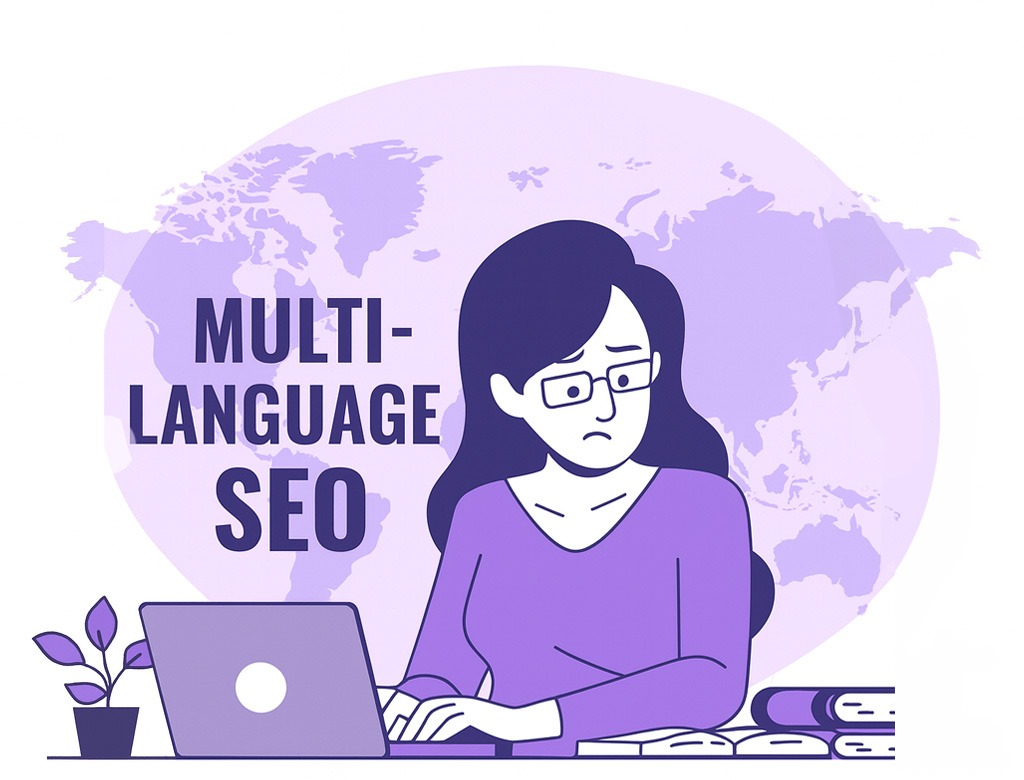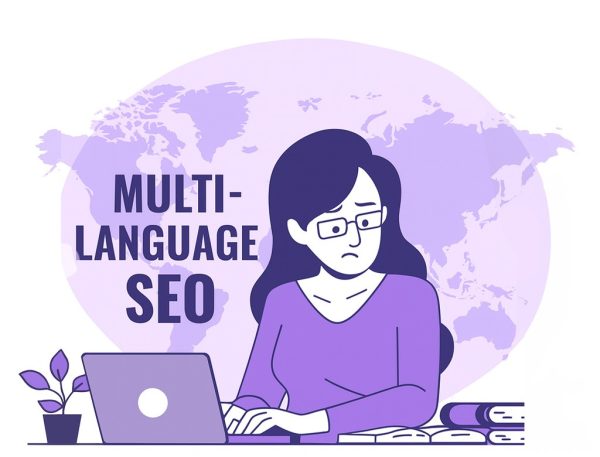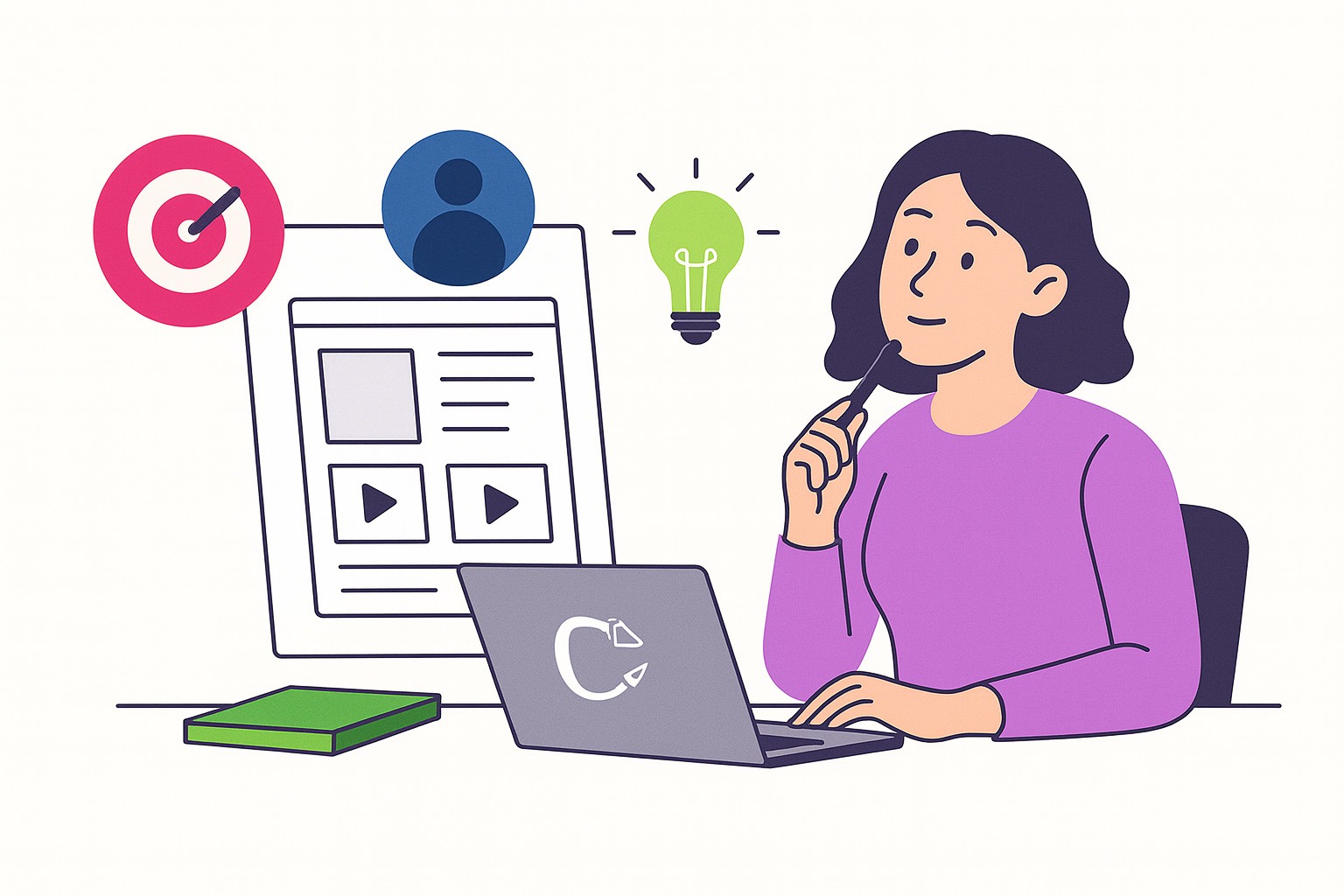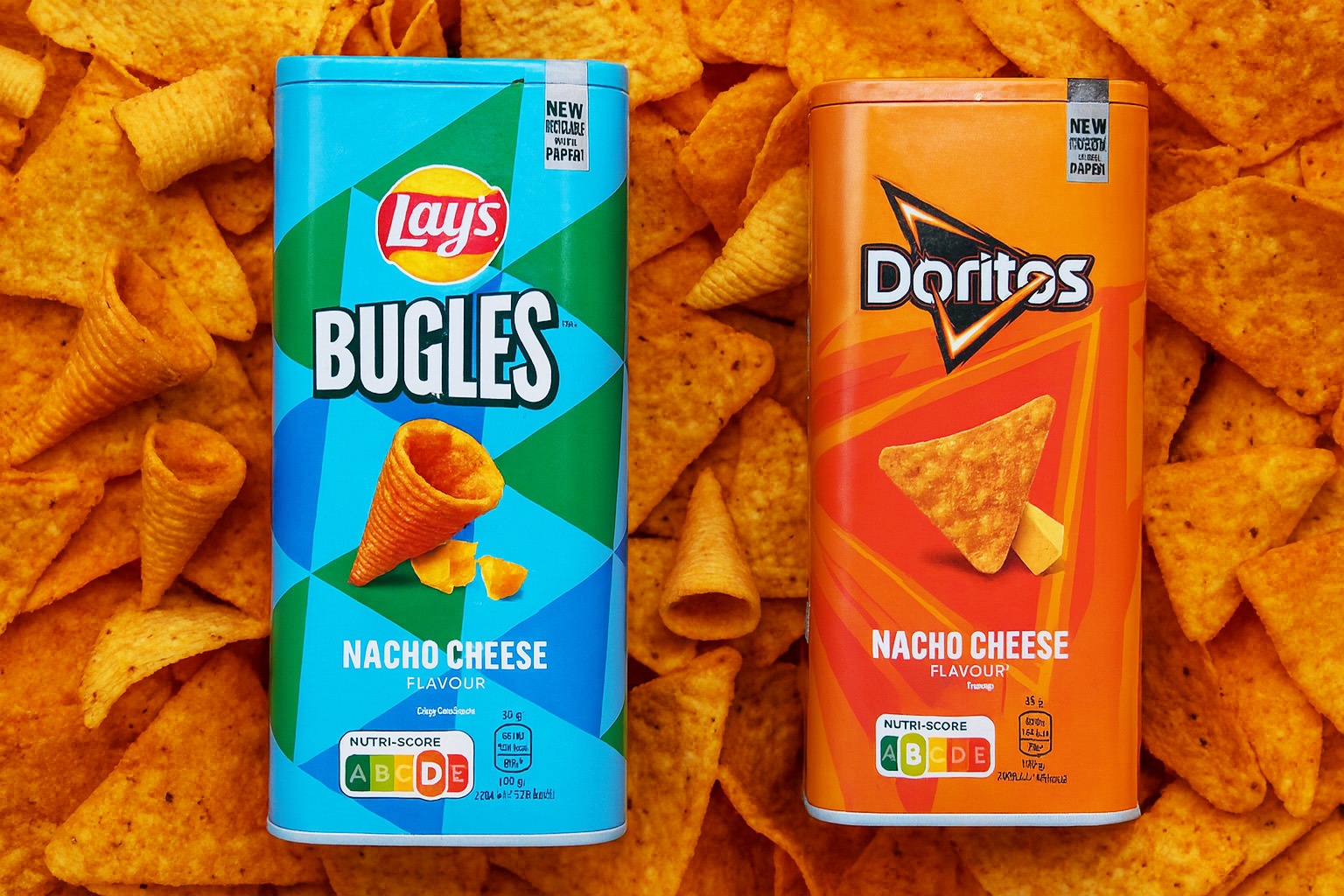Part 2: How they can also mess with your SEO rankings.
In Part 1, we talked about how automatic (AI) website translation can backfire when it comes to accuracy, grammar, cultural nuance, and brand tone. Now, let’s dive into another critical area where machine translation can quietly sabotage your business, your SEO ranking.
Before we get into the risks, let’s quickly recap the basics of SEO and why it matters.
1. What Is SEO & Why Does It Matter?
“Search Engine Optimization (SEO)” is “the process of optimizing your website so it ranks higher in search engine results”. When done well, SEO helps the right people find your site at the right time organically without throwing all your budget at ads.
If your content isn’t optimized for “how people actually search in their language”, your site won’t show up, even if the translation is technically “correct.”
2. The Hidden SEO Risks of AI Translation
“Search Engine Optimization (SEO)” is “the process of optimizing your website so it ranks higher in search engine results”. When done well, SEO helps the right people find your site at the right time organically without throwing all your budget at ads.
If your content isn’t optimized for “how people actually search in their language”, your site won’t show up, even if the translation is technically “correct.”
Example1: E-commerce
Original (English): “Free shipping on all orders above $50”
AI Chinese: “免費運輸”
Localized SEO term: “免運費”
(This is the term real users search for on marketplaces like Shopee or Taobao.)Example2: Skincare
Original: “Best anti-aging cream for sensitive skin”
AI Chinese: “抗老乳霜”
Localized SEO term: “抗皺乳霜” or “抗老化面霜” (These are more commonly searched terms on Chinese platforms.)
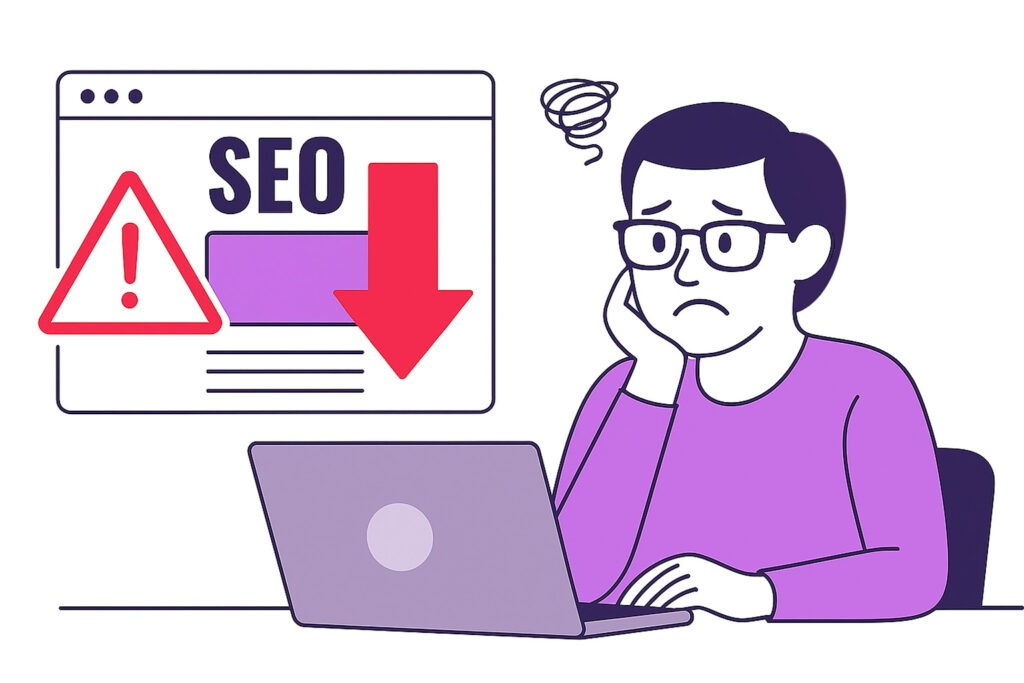
- Example3: Food & Beverage
Original: “Try our new plant-based oat milk”
AI Dutch: “plantaardige haver melk”
SEO-appropriate term: “havermelk” or “havermelk op plantaardige basis”
(Used more widely in Dutch health & grocery search terms.)
❓Why this matters:
Even if the grammar is correct, mismatched keywords mean your audience never finds you, and your SEO visibility drops. (Please read Part1 for further information.)
3. What Does Google Say About AI Translation and SEO?
Does AI Translation Affect SEO Rankings?
Yes, but indirectly.
In a recent SEO Office Hours session, John Mueller, Google’s Search Relations Lead, shared key insights on this topic.
- “Content is power.” — John Mueller
What matters most “isn’t how content is translated, but how helpful and high-quality it is”.
✅ Quality Over Method
Google does not punish AI-generated or machine-translated content simply for being AI-produced. However, if the output is low-quality, unhelpful, or unnatural, your rankings will suffer just as they would with bad human-written content.
 Human Review is Critical
Human Review is Critical
Mueller stated clearly:
“If the auto-translation is of low quality, [it may affect ranking]. A native speaker should review it to ensure that the content is actually helpful for users.”
In other words, raw Google Translate or ChatGPT output? Not enough. It needs a fluent human to refine, adapt, and optimize.
✅Localization Goes Beyond Translation
Mueller also emphasized:
“A good localization is much more than just a translation of words and sentences. I would definitely encourage you to go beyond the minimal bar if you want users in other regions to cherish your site.”
Translation ≠ Localization. To win in search and with users, content must be audience-first, culturally relevant, and keyword-optimized.
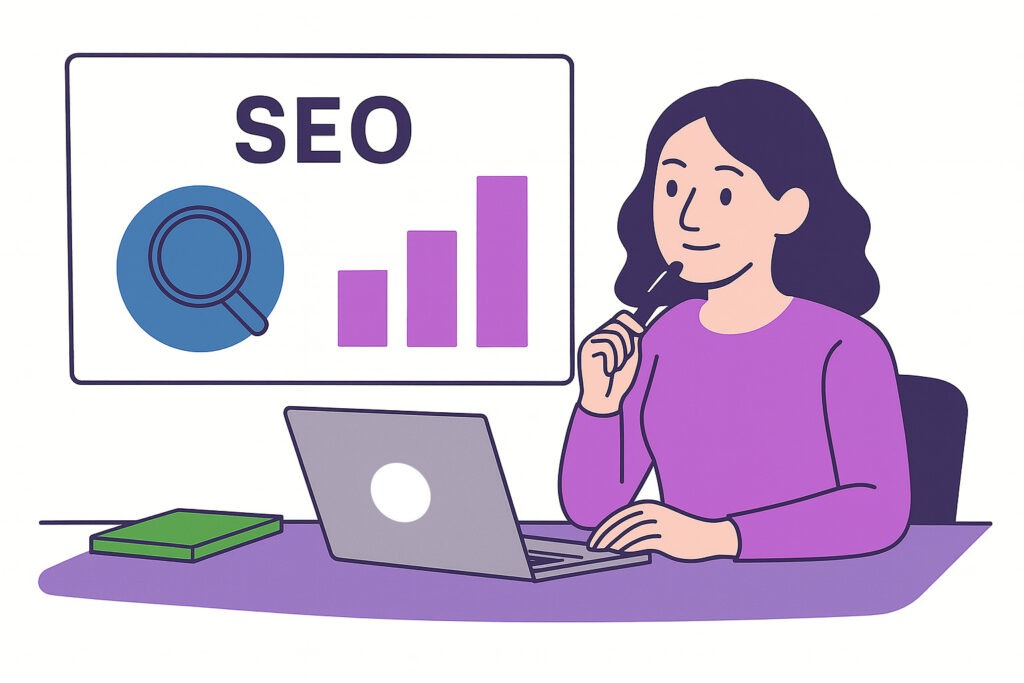
4. Untranslated or Botched Metadata
Title tags, meta descriptions, and image alt text are all critical for SEO, but many AI translation tools ignore or mistranslate them. This results in:
- Pages that are invisible to search engines in the target language.
- Lower click-through rates because metadata doesn’t match the local language tone or user expectations.
5. Duplicate Content Issues
Some plugins generate translated pages without proper hreflang tags or indexing protocols. Google may see these pages as duplicate content, which can lead to:
- Ranking confusion (which version should Google show?)
- Overall SEO score drops
6. Broken URLs & Poor Site Structure
AI translation tools often auto-generate URLs that are:
- Unreadable or generic (e.g., /fr/page-1)
- Not SEO-optimized (e.g., lacking keywords like /fr/serum-hydratant)
A messy URL structure makes it harder for search engines to index your pages — and for users to trust or navigate your site.
So, What’s the Real SEO Risk & the Solution?
AI translation tools offer speed and convenience, but when used without oversight, they often:




The result?
- Lower engagement
- Higher bounce rates
- Decreased search rankings
Takeaway: Use AI, But Use It Wisely
AI can be a powerful tool in your multilingual SEO strategy if used correctly.
Adopt a “Human in the Loop” approach. Also known as Machine Translation Post-Editing (MTPE), this hybrid method balances AI speed with human quality:
- AI generates ideas and the first draft
- Human experts refine tone, fix errors, and ensure cultural relevance
- Final review optimizes SEO elements like keywords, metadata, and structure
